In St. Louis, a battle is brewing over police accountability
Share
Explore Our Galleries
Breaking News!
Today's news and culture by Black and other reporters in the Black and mainstream media.
Ways to Support ABHM?
By Associated Press
The latest battle highlights a persistent problem: Police often oppose civilian oversight efforts.
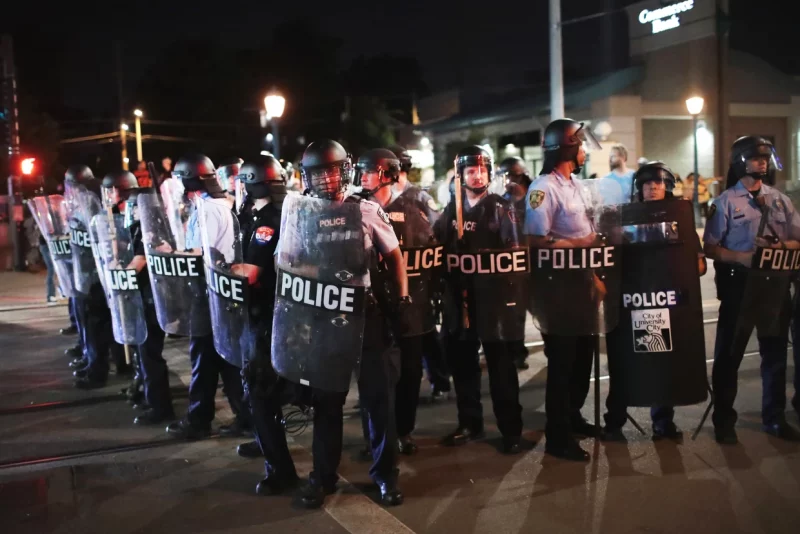
Three St. Louis police associations have filed a lawsuit in an attempt to keep the city from expanding civilian oversight of their police department.
Last month, Mayor Tishaura Jones signed into law a bill that strengthens the city’s two existing agencies — the Civilian Oversight Board and the Detention Facility Oversight Board — and moves them into a Division of Civilian Oversight, a larger entity within the state’s Department of Public Safety. The new division allows oversight officials to access the use of force and misconduct complaints and independently investigate misconduct claims. It also has the power to discipline law enforcement officers.
“When we put the public back in public safety, we are creating an environment where all members of the community are working towards accountability and safer neighborhoods in the long run,” Jones said during a news conference for the bill signing earlier this month. “If you’re a good officer focused on serving the community … you have nothing to worry about.”
Local police groups say it’s not that simple. In their lawsuit, the Ethical Society of Police, the St. Louis Police Officers’ Association and the St. Louis Police Leadership Organization requested an injunction to keep the law from going into effect. Their complaint? The new legislation gives the civilian-led board too much power to discipline police, which would ultimately push officers out of the force and drive up crime rates.
“We have a horrible situation already recruiting and retaining police officers. Police officers are stressed that … they’ll be targeted by anti-cop groups,” Sherrie Hall, attorney for the Ethical Society of Police, told NBC News.
Continue reading this article.
Anti-filming laws also threaten police accountability in Arizona.
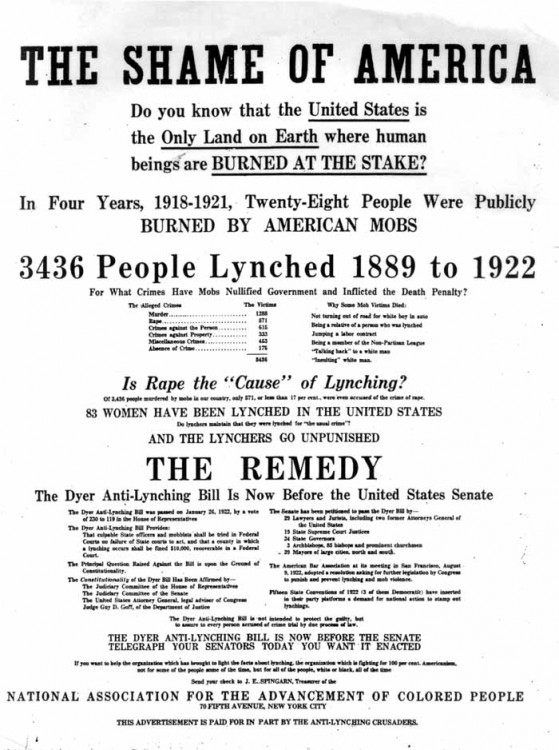
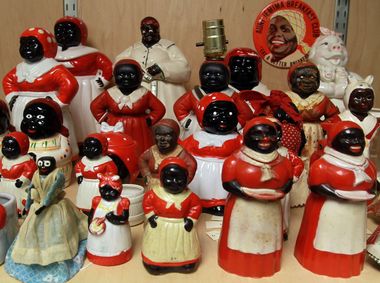
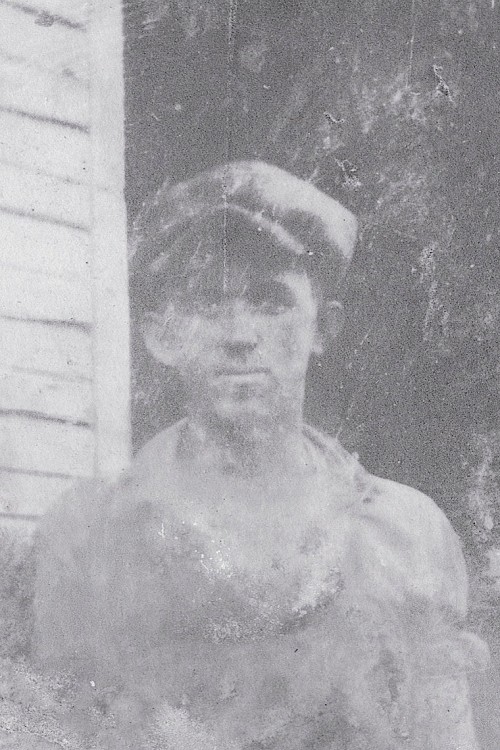
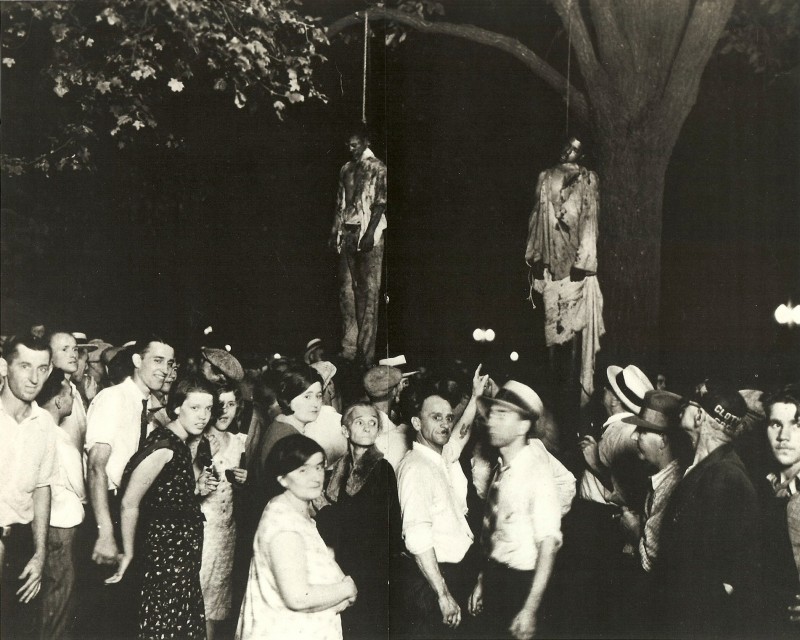
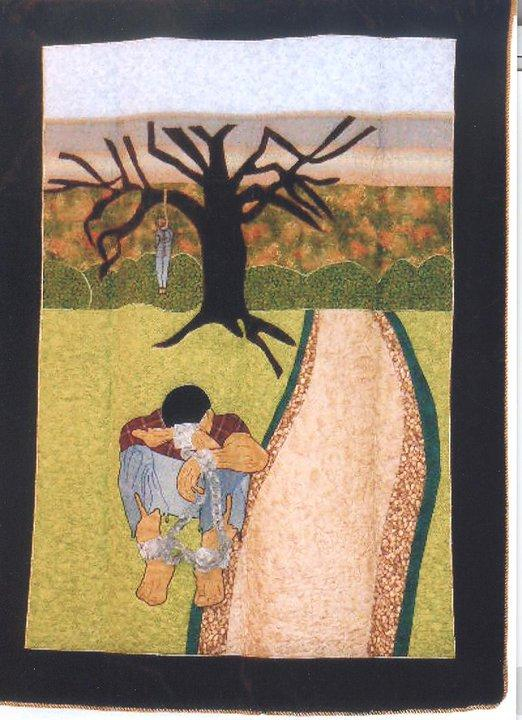

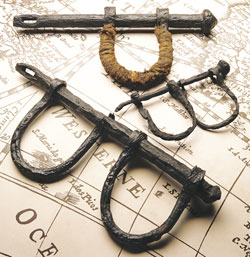


Comments Are Welcome
Note: We moderate submissions in order to create a space for meaningful dialogue, a space where museum visitors – adults and youth –– can exchange informed, thoughtful, and relevant comments that add value to our exhibits.
Racial slurs, personal attacks, obscenity, profanity, and SHOUTING do not meet the above standard. Such comments are posted in the exhibit Hateful Speech. Commercial promotions, impersonations, and incoherent comments likewise fail to meet our goals, so will not be posted. Submissions longer than 120 words will be shortened.
See our full Comments Policy here.